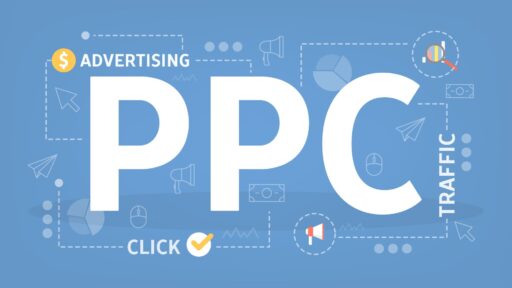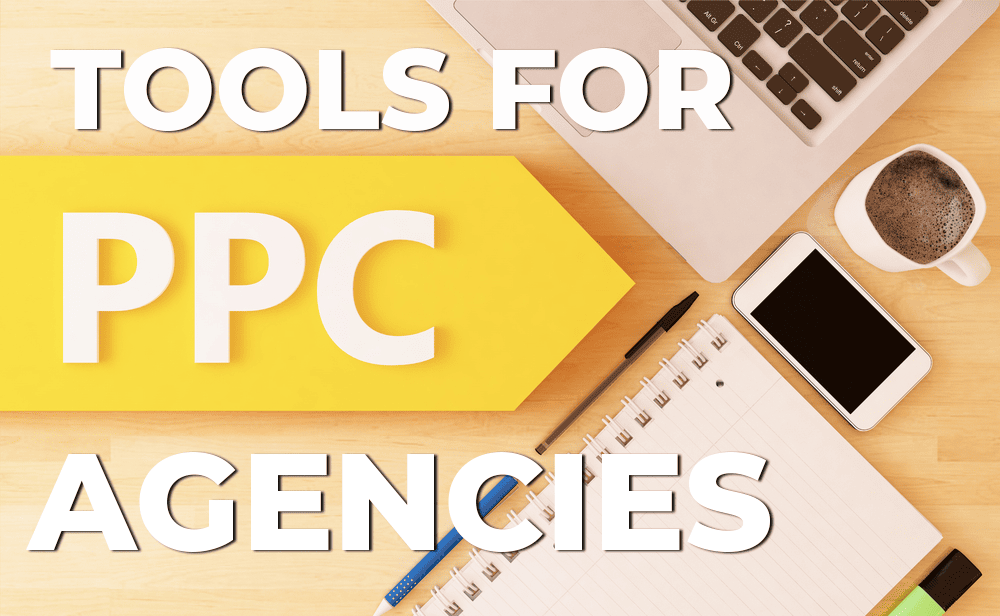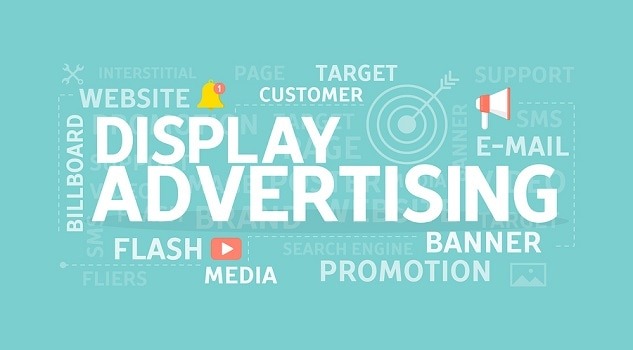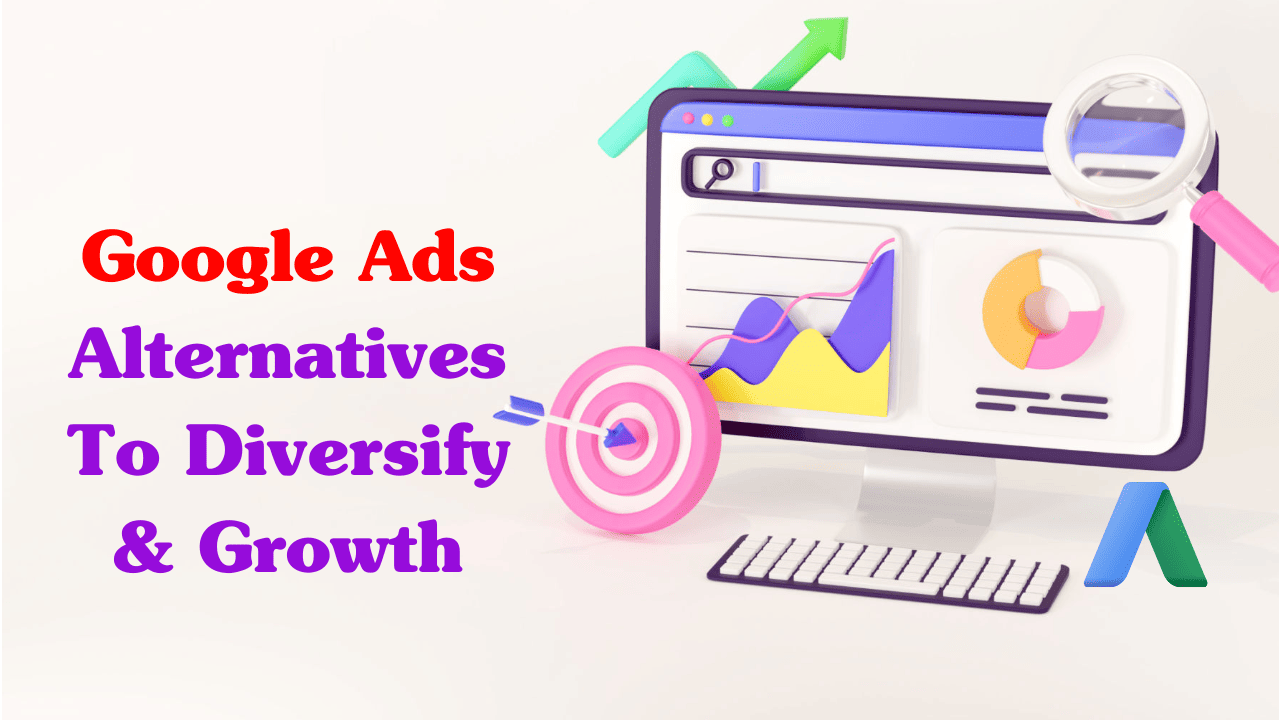What exactly is PPC, how does PPC work, and how can you tap into this powerhouse? In this article, we will introduce you to all the basics you need to know about the exciting world of paid search marketing -from keywords, ads, and budgets and bids to ad serving, targeting, and conversions.
Let’s start with the basics.

What Is PPC?
PPC means Pay-per-click, and it’s a paradigm of advertisement where advertisers can place advertisements in an ad medium for which compensation shall be provided to the host platform, only when a click occurs on the ad.
The ad’s ultimate objective is to guide the clicking user towards the advertiser’s website or application, affording them the opportunity to carry out a consequential action, such as making a purchase.
Prominent platforms such as search engines serve as preferred hosts, permitting advertisers to showcase ads pertinent to users’ ongoing search pursuits.
Promotional platforms such as Google Ads and Microsoft Ads use a mechanism known as real-time bidding (RTB). Within this framework, advertising inventory is vented via a private automated auction grounded in up-to-the-minute data analysis.
How Does A Paid Search Works
Every time a space for an ad opens up on a Search Engine Results Page (SERP), a real-time keyword auction takes place. The website link, which secures the top spot, is determined by a combination of factors that include bid value and ad quality.
These auctions form the very backbone of PPC. They are triggered every time a user searches on a search engine.
Should there be advertisers willing to display ads relevant to a user’s search query, an auction-based bidding is initiated, based on keywords being contested by the advertisers.
The ads that are successful in the auction get placed on the search engine’s results page.
For participation in these auctions, advertisers must have an account on platforms like Google Ads, where they set up their ads and specify the exact times and places where their ads should appear.
You can also read: Must Have Essential Skills for Every PPC Specialist
To make management easier and to organize a range of different locations, product types, or other relevant categories, these accounts are then divided into campaigns. Another level of organization in campaigns involves ad groups, each of which will include relevant keywords and related ads.
Keywords
Keywords are at the center of PPC, and they serve as a bridge between the advertiser and the user’s query.
Actual searches involve the actual words a user types in a search engine’s search box to retrieve results, whereas keywords are tools used by marketers to reach these users by matching their queries effectively.
The keywords are generalized versions of the huge number of possible searches, including misspellings of the word.
The advertisers can determine the granularity of the queries matched by a keyword based on the type of keyword matching they choose to use. These options give them the range of matching search queries with the desired keyword from less to highly specific.
For example, advertisers can choose to have keywords match exactly with searches or allow some latitude, such as word order permutations, different spellings, or the inclusion of additional terms.
In addition, it is possible to include negative keywords. This approach shuts off ads from appearing when a search query includes those specific keywords; this can be very effective in avoiding irrelevant traffic.
Ads
In tandem with keywords, advertisers are required to craft advertisements within their campaigns. These advertisements are grouped within ad clusters, targeting interconnected sets of keywords and structured around shared themes.
You can also read: Is It Required to Hire an Agency to Handle Pay-Per-Click Tasks?
Ads constitute what users encounter should the auction is victorious, thus their accurate composition is pivotal. Generally, they encompass headline elements, description lines, and a designated URL.
In a SERP context, they have the potential to materialize either prominently atop the results or at the page’s bottom. Engaging in the practice of testing diverse renditions of ad content to ascertain optimal performance is advisable.
Platforms like Google Ads and Microsoft Ads offer functionalities known as ad extensions, designed to augment the visual appeal of ads. CamRojud effectively manage PPC campaign to push your brand on the first page of SERP.
Instances of these extensions involve site link extensions, which integrate additional links to distinct pages on a website within an ad, and call extensions, which append a contact number to the ad during operational hours.
The value of ad extensions lies in their capacity to heighten ad visibility by enhancing user engagement while disseminating additional information.
Budgets and Bids
For engagement in the auction, advertisers must make choices regarding their allocated expenditure for specific keywords. This decision is executed through budget allocation at the campaign level and bid specification at either the ad group or keyword level.
Budgets are established on the campaign scale and possess a daily threshold that can be exceeded, yet they remain confined within monthly limits.
In accordance with the comprehensive account strategy, budgets should be calibrated. However, the mechanism of bids allows for a more meticulous regulation of spending.
You can also read: Display Advertising Trends 2024
Each ad group necessitates bids, though bids set at the keyword level hold precedence over those defined at the ad group level. Numerous advertisers opt for automated bidding strategies, streamlining the process.
Such strategies empower advertisers to establish particular campaign objectives, entrusting the advertising platform to determine the most fitting bid for each auction. These bid strategies can be implemented on individual campaigns or extended to encompass a collection of multiple campaigns.
Given the framework of real-time bidding (RTB), the precise amount paid by the advertiser hinges on competitor actions and ad ranking, surpassing the scope of just the maximum bid.
Ad Rank
Securing victory in the auction involves more than just holding the highest bid position. Search engines assess additional criteria to ascertain the privileged and premier position on the SERP for advertisements.
Each search engine adopts distinctive methodologies for integrating these supplementary elements to determine ad rank.
For instance, Google evaluates:
- Bid amount.
- Ad relevance and quality.
- Context of the search, including factors like user device and time of day.
- Format influence, which encompasses elements like ad extensions that enhance the visual layout.
Quality Score functions as a pivotal metric in determining ad relevance.
The constituents of Quality Score encompass:
- Historical click-through rate (CTR).
- Relevance of the keyword to the ad.
- Alignment of the keyword and ad with the search query.
- Landing page caliber.
Ad relevance stands as an indispensable facet; a higher Quality Score equates to a reduced Cost Per Click (CPC).
Advertisers with low Quality Scores for their bid-assigned keywords face penalties from search engines, resulting in infrequent ad display, even if their bids are substantial.
This underscores the paramount significance of crafting compelling, pertinent ad content incorporating high-volume keywords. However, the importance of landing page quality must not be disregarded. Ads will encounter reduced visibility when directing users to sites with subpar user experiences.
The web page’s relevance to users, swift loading times, and a seamless overall user journey are all essential factors to consider.
Targeting
The selection of appropriate keywords is the linchpin enabling advertisers to present their ads to pertinent audiences.
You can also read: Advantages Of Personalized Household Advertising
However, there’s a range of complementary targeting options to further tailor your campaigns, including:
- Device targeting
- Location targeting
- Day and time targeting
- Demographic targeting
This makes it a very strategic option by which advertisers can target granular segments. For example, they can target users only on mobile in the evening, or target users younger than 30 who are in a specified radius of a given location. This is where an ad can be optimized.
These tactics are of significant value because different user segments often react differently to ad copy. For instance, various versions of ad copy may work better for one segment than for another.
Also, by using remarketing tools, one can create more targeted ad copy messaging, as well as flexible budgets. This can enable targeting or avoiding previous website visitors who conduct subsequent searches.
Bids can also be dynamically adjusted for keywords based on the selected targeting options. This capability provides the advertiser with increased control over the traffic and spending by ensuring bids are only made when customers bring more value to the business.
Conversions
The underlying objective of these rigorous efforts extends beyond mere clicks. The ultimate objective is to achieve conversions.
Conversions denote the actions that advertisers aspire users to undertake post-click, and these actions are contingent upon the specific nature of the advertised business.
Typical instances of conversions encompass:
- Making a service purchase.
- Enrolling in a newsletter.
- Initiating a phone call.
- And more.
Precisely monitoring conversions is of prime importance in the assessment of the effectiveness of a PPC campaign. It can show to what extent conversions could be attributed to paid search and not some other marketing channels.
For instance, Google Ads provides options for conversion tracking by adding a small piece of code at the source code level of the conversion page. That collects data from the page the visitor reaches after a successful conversion.
Conversion tracking can be complex, as most conversion journeys are more complex than merely clicking a link and then buying something. They often involve multiple searches and site visits, sometimes ending in activities such as emailing, calling, or even visiting a store.
Leveraging analytical services like GA 4 can help in attributing credit for conversions to their respective conversion pathways, which would aid in assessing campaign performance.
Would you like to read more about PPC-related articles? If so, we invite you to take a look at our other tech topics before you leave!
![]()













